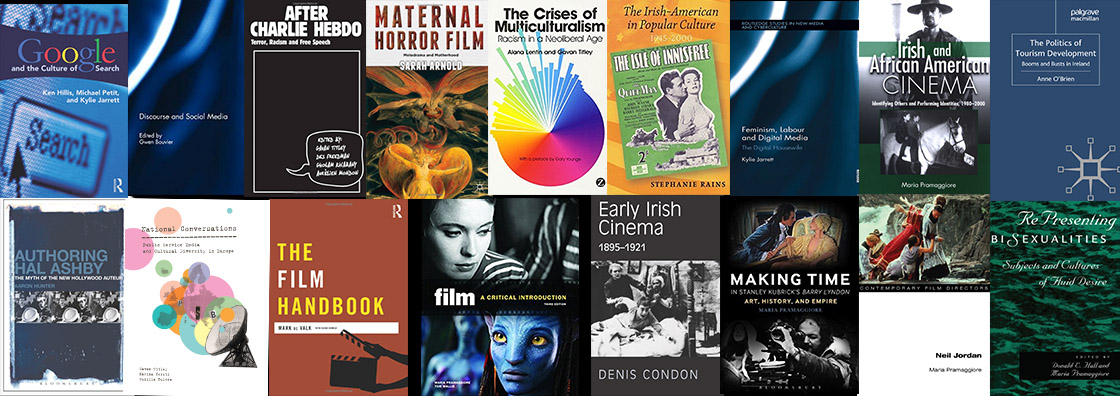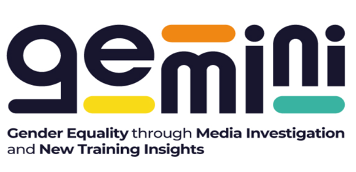Media Studies Research
The department of Media Studies has an extensive research profile which encompasses historical as well as contemporary media industries, technologies and audiences, and a wide range of media formats. Recent and ongoing research projects and publications range from the earlier histories of popular culture, print, film and broadcast media to the study of contemporary platform economies and digital media arts. Published work by members of the department includes material on early cinema and media history in print, radio and television, as well as the platform economy and the significance of media to such questions as freedom of speech, racism and anti-racism, anti-gender politics, queer identities, digital sex work and disability rights.
Across a variety of media formats and histories, there is a particular focus on the political economy of the media, including advertising and consumer culture, capital, digital labour, political communication and media work. This includes studies of work across all of the creative industries as well as platform work and digital labour by users. A significant amount of this research on media work has focused on its gendered aspects, such as research on female film pioneers, women in early television, the impact of motherhood on media work, and gender inequalities across a variety of creative industries from print media to the platform economy.
The department also has a strong research emphasis on intersectionality in media analysis. This includes past and present work which examines media texts and industries through the intersections of gender, sexuality, race, religion and class. Media arts, technologies and digital art practice is also an area in which several members of the department are both scholars and practitioners. This practice and research includes performance studies, digital art practice and digital poetry, as well as scholarship on digital hermeneutics, cultural production and digital art installations.
Our internationally recognised researchers publish extensively in both academic and popular contexts – see our People page for individual research profiles. In addition to this, we have strong connections with the Irish media industry, the MU Social Sciences Institute and the MU Arts and Humanities Institute, as well as the global academic community.
Our undergraduate and graduate students benefit from a rich research environment and from the global academic connections developed and maintained by our lecturers. We maintain an excellent research output and remain at the forefront of both Irish and global media research.
We welcome any queries from potential graduate students and research collaborators. Our department supports a range of post-doctoral, doctoral projects and masters projects, and has experience in Research Ireland and MSCA postdoctoral mentorship as well as postgraduate supervision of Research Ireland fellowships and Government of Ireland International Education Scholarships. All members of the department welcome informal emails from potential graduate students or researchers for initial discussion of a project idea.
If you are interested in our MA in Critical and Creative Media or undertaking a PhD or MLitt with the Department of Media Studies, you are also invited to contact the Research and Postgraduate Coordinator, Professor Gavan Titley.



